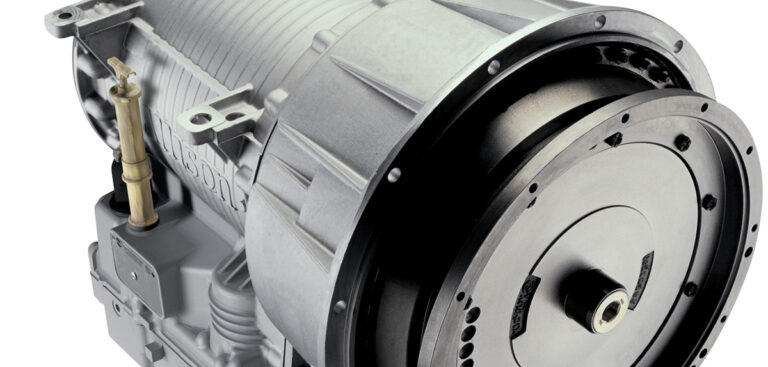Independent testing carried out on a fleet of refuse collection vehicles fitted with transmissions produced by global supplier Allison has shown that it is not only hardware changes that can improve efficiency.
Tests conducted by the Métropole d’Aix-Marseille-Provence administrative area in the south of France showed that Allison’s FuelSense 2.0 control software made fuel savings of up to 12% on some of its refuse collection vehicles.
The software was installed in four Renault Trucks D 4×2 vehicles equipped for refuse collection. The fuel efficiency performance of the trucks, which travel an average of 745 miles per month in regular domestic waste collection duty, was then monitored over an 18-month period with a fuel saving attributed to FuelSense 2.0 calculated to be up to 12%.
In addition to the significant savings in terms of fuel cost, these four vehicles reduced their CO<span style=”font-size: 50%; vertical-align: sub;”>2 </span> emissions by almost five metric tons, while maintaining vehicle performance.
The company said the key to the software’s effectiveness is its DynActive control algorithm, which continuously assesses driving conditions to best adjust gear changes, taking into account different factors such as vehicle weight, road gradient or the frequency of stops and starts.
“The price of fuel encourages us to study all possible solutions to reduce our consumption. We did not expect such savings from this test: 12% is more than significant! And the feedback we have from drivers is very positive; the vehicles have maintained their usual performance,” explained Stanislas Kogut-Kubiak, maintenance manager at Métropole d’Aix-Marseille-Provence.
Based on these results, the conurbation has chosen to install FuelSense 2.0 on 24 other vehicles in its fleet to reduce consumption and CO<span style=”font-size: 50%; vertical-align: sub;”>2 </span> emissions. “Our fleet is made up of 160 refuse vehicles – 100% of them are equipped with Allison transmissions. We have chosen Allison transmissions for a long time,” said Kogut-Kubiak.
This study is backed up by the experience of Fife council in Scotland where a similar six-month test involving two Mercedes-Benz Econic refuse collection vehicles returned an average 8.85% fuel saving. This led the council to install FuelSense 2.0 on 11 other refuse vehicles and to order a further 11 new vehicles equipped with new FuelSense 2.0 software.
“We estimate that approximately 7,000 Euro 6 Dennis Eagle, Leyland DAF, Mercedes-Benz and Renault Trucks vehicles registered between 2014 and 2018 in the UK could benefit from an upgrade to FuelSense 2.0. Together, this would reduce carbon emissions by 27,000 tonnes per year. The aftermarket retrofit upgrade procedure takes just one hour per software update per vehicle, for a minimal cost,” explained Nathan Wilson, UK account and market development manager at Allison Transmission.


